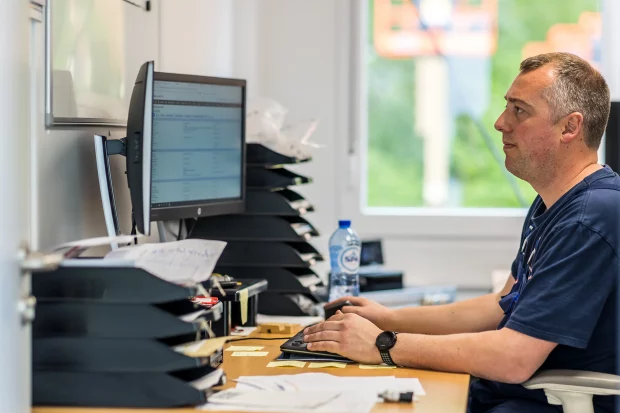Riwal sets the same principles for our suppliers of goods and services as we do for ourselves and are based on our core values, our commitment to our people, our clients, our investors, the environment and communities where we work. As well as considering quality, reliability of delivery and price, we also select our suppliers based on their environmental and social performance, including safety and sustainability.
Get to know Riwal
We know everything there is to know about working at height. With 55+ years of history and operations in 14 countries across the world, Riwal is the most experienced partner in powered access equipment.
Our story started in 1968 with the British crane rental firm Richards & Wallington opening a subsidiary in the Netherlands. In 1980, this company became private. The scope of operations was expanded by creating a separate company in 1986, specialising in the rental of aerial work platforms: Riwal Lift (Riwal is a combination of the first letters of Richards and Wallington). From 2007 on, we have focused exclusively on powered access solutions.

Supplier and knowledge partner
As a supplier, we can provide any type of machine you might need to reach your perfect height. Our fleet of 20.000 aerial work platforms, telehandlers and forklift trucks ensures the best availability worldwide: we can help you with any challenge and offer 24/7 technical assistance.
As a knowledge partner, we advise our international customers, deliver training and service, develop smart solutions and encourage the market to innovate. Our specialists deliver the best customer experience and love to share their expertise on safety, efficiency and sustainability with you.
Governance
Riwal Code of Conduct
Riwal is committed to acting with integrity, reliability and responsibility towards our stakeholders. We reinforce these values by applying our Riwal Code of Conduct to all our operations.
The Riwal Code of Conduct takes account of the interests of our various stakeholders. They include employees, shareholders and financial institutions, suppliers, clients, government bodies, educational and knowledge institutes, industry and society associations (including NGOs) and the communities in which we operate.
Code of Conduct & SHEQ Policy
The Riwal Holding Group sets high standards for compliance with its group-wide SHEQ management system, which is centrally coordinated and monitored. We continuously strive to give the best customer experience by providing solutions for working at heights safely and efficiently. ‘’Safety first’’ is at the heart of our business and we constantly search for ways to improve our performance and build a safety culture. We are also committed to using our global expertise to enable a more sustainable future by embracing sustainability as an integral part of our operations and decision making.
Our Employee Code of Conduct is based on international guidelines such as the Universal Declaration of Human Rights and is part of the employment contracts of all Riwal staff. An anti-bribery and anti-corruption policy are both enshrined in the Code, as well as a whistleblowing policy.
Downloads
